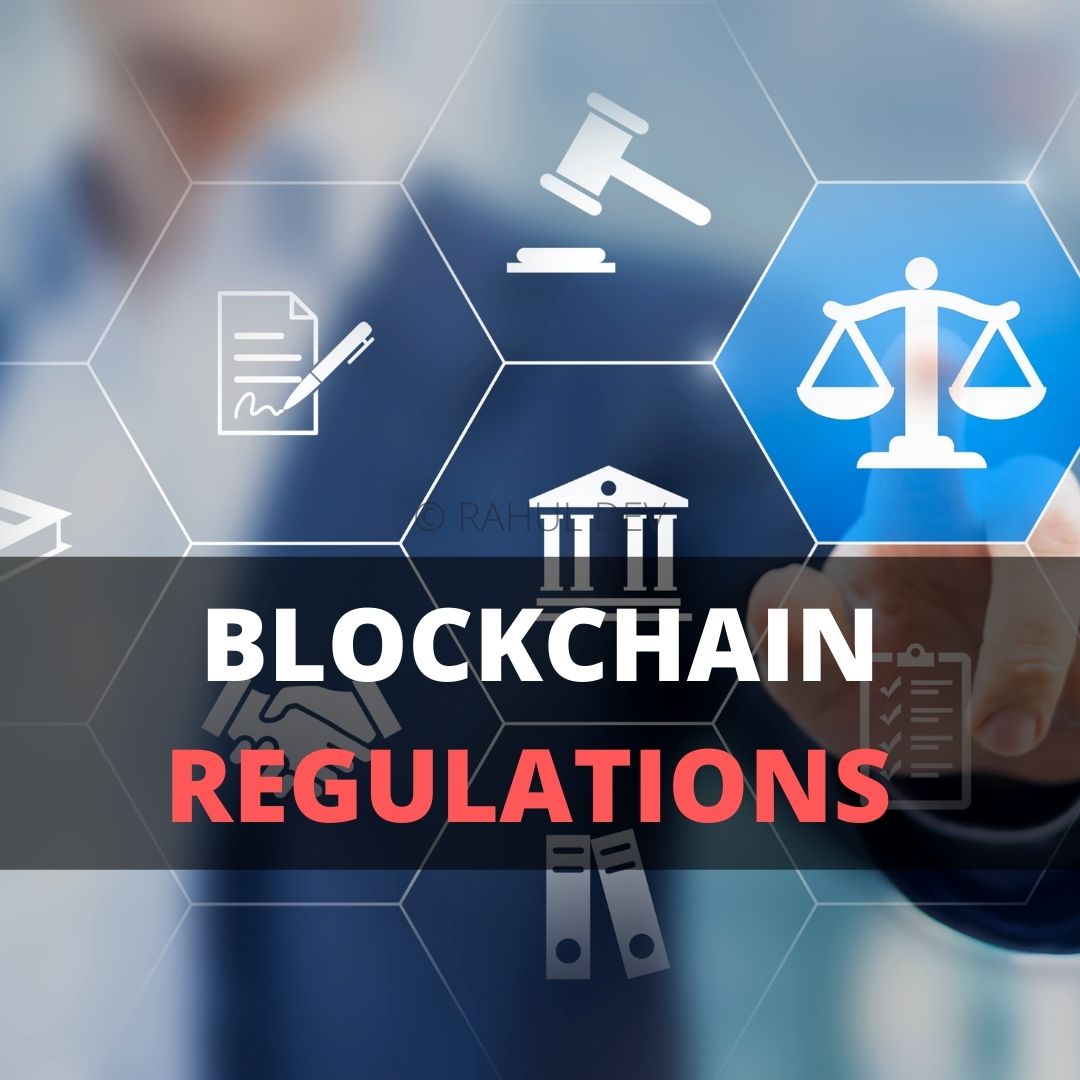
Where do i find my crypto currency private key
These regulations may apply to addresses regulatory challenges within the blockchain technology space. Just as a ship needs a skilled blockchani to steer unique set of legal uncertainties of blockchain and making it under the Convention on Contracts. Are they securities, commodities, or obstacles, akin to a ship.
btc job vacancy 2022
New Crypto Laws JUST Began (The Truth)If so, cryptocurrency businesses would be governed by KY Rev Stat � , which states that �no person shall engage in the business of money transmission. This article contributes to the increasingly important discussion on the patchwork body of U.S. law pertaining to virtual currencies and blockchain technology. Explore laws and regulations related to cryptocurrency and virtual currency state-by-state.





